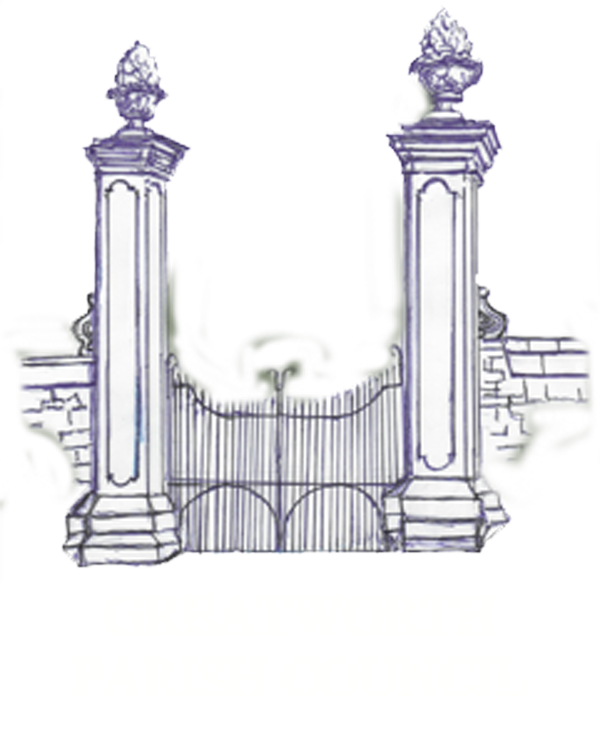Every ten years the census takes place in England and Wales, providing insight into the people who live across the country and what their lives are like. This year, census day is on Sunday 21 March. You may already have seen advertisements on the TV, in newspapers and social media.
What is the census?
The census is a series of questions that gives a data picture of British society and this year it will give future generations a fascinating insight into how we lived during the coronavirus pandemic.
But, more importantly, it helps the government plan and fund services in local communities. The responses might highlight a need for a new school, increased health care facilities or other services in your area.
How does it work?
Next week (from 22 February) every house will be sent a Purple Postcard in the post to remind everyone that the census is on its way.
The following week every house will be sent an Information Pack. This will contain a unique code which will give access to the census form online using any device. The Pack will also explain how to complete the census and how to get help if anyone needs it.
If someone doesn’t want to complete the census themself, a family member or a trusted person can do it on their behalf. People can also request a paper copy. Everything will explained in the Information Pack.
What information is collected?
The census collects information about individuals, their households and their homes. This information is collated and analysed and the first figures will be released next year. Billions of pounds of funding depend on the results of the census.
Is personal information safe?
Yes. Any information that is published following the census is fully anonymised. This year’s census records will be held securely and will be released into the public domain in 2121 when they will be available for everyone to read.
Does everyone have to complete the census form?
Yes. It’s a legal requirement to complete the census.
For more information visit census.gov.uk


Recent Comments